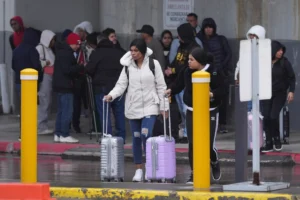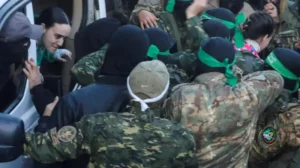
Why Should I Love America?
America is the greatest country in the world. Bold statement, right? But hear me out. From its foundational principles to its cultural vibrancy and natural beauty, America offers a unique blend of freedom, opportunity, and diversity that’s hard to match. Whether you’re already a fan or just curious, here’s why America deserves a spot in your heart. 1. Freedom: The Heart of the American Spirit America was built on the idea of freedom, and it shows. The Bill of Rights guarantees liberties like freedom of speech, religion, and assembly—rights that empower individuals to live authentically. You can criticize the government,…
Global News
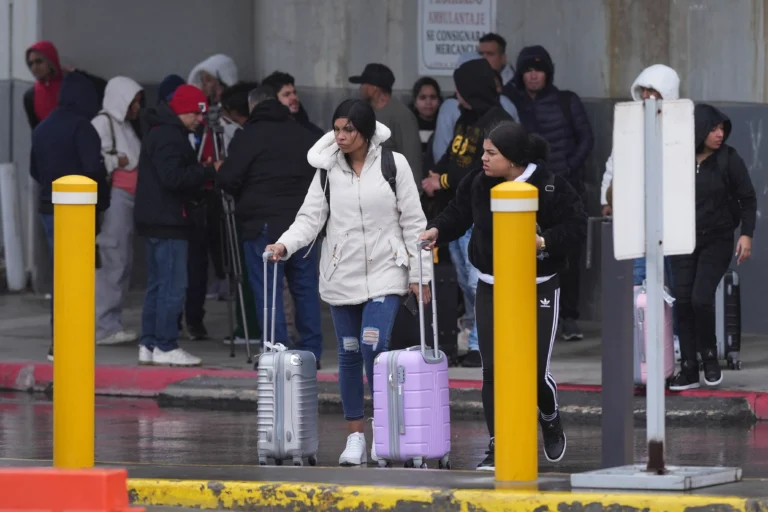
Thousands of Migrants Left Heartbroken as Trump Administration Cancels US Entry Appointments – Here’s What Happened
As the Trump administration returns to power, thousands of migrants in Mexico face uncertainty after their long-awaited appointments to enter…

Elon Musk’s Controversial Hand Gesture at Trump Rally Sparks Nazi Salute Comparisons
On Inauguration Day, January 20, 2025, Elon Musk, the billionaire tech mogul and CEO of SpaceX, Tesla, and owner of…
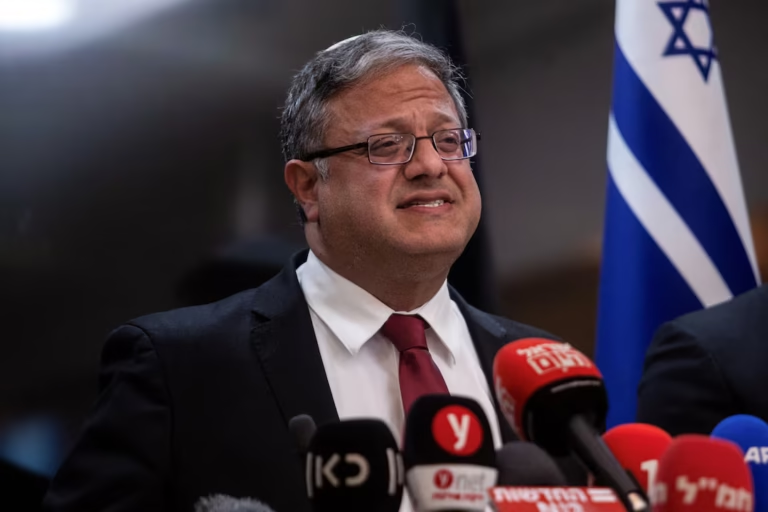
Shocking Turn: Israel’s Security Minister Itamar Ben-Gvir Threatens to Quit Over Controversial Gaza Deal
Israel’s National Security Minister Itamar Ben-Gvir has announced that he and his party will exit the government if the Gaza…

Pardon Request for Dr. Aafia Siddiqui Filed with President Biden as Efforts Intensify for Release
A new chapter has opened in the ongoing efforts to secure the release of Dr. Aafia Siddiqui, a Pakistani neuroscientist…

California Wildfires Claim 24 Lives: State Faces ‘Most Devastating Natural Disaster’ as Evacuations Surge
California is battling what Governor Gavin Newsom has described as the most destructive natural disaster in U.S. history, with wildfires…
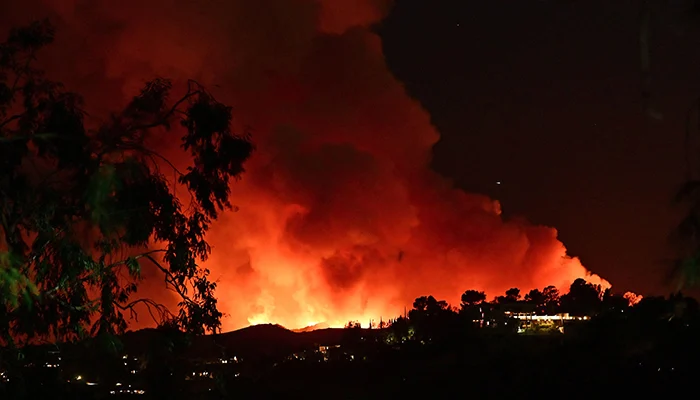
Heartbreaking facts: Wildfires Devastate Los Angeles, Causing Billions in Losses and Destroying Thousands of Homes
The largest of the devastating wildfires that have ravaged parts of Los Angeles this week shifted direction on Saturday, triggering…
Important For You
Fruits

American Apple Medley: Navigating the Rich Tapestry of Supermarket Staples and Exclusive ‘Club’ Varieties
Diverse in sweetness, peel color, discovery date, ripening season, origin, and culinary applications, apples offer a multitude of options for…

Pomegranate Power: Discover the Ancient Superfruit’s Health Benefits, Winter Wonders, and Surprising Side Effects!
The pomegranate, scientifically known as Punica granatum, is a captivating and ancient fruit that has delighted palates and held symbolic…

“Winter’s Bounty: A Nutritional Guide to Top-Notch Fruits for Cold-Weather Wellness”
Winter brings a delightful array of fruits that not only tantalize your taste buds but also contribute to your overall…

“America’s Sweet Secret Banana Bonanza: The Magical Fruit with Health Benefits, Delicious Recipes, and Hidden Surprises!”
Bananas, often referred to as the “yellow wonder,” are one of the world’s most beloved and recognizable fruits. These vibrant,…

Wild Berry From Forest to Feast: Epic Recipes You Won’t Believe Exist!
Wild berry is nature’s hidden gem, scattered across forests, meadows, and untamed landscapes, waiting to be discovered by the curious…

Apple Recipes, Surprising Uses, and Potential Side Effects Unveiled!
The apple, scientifically known as Malus domestica, is one of the most beloved and widely consumed fruits in the world….



